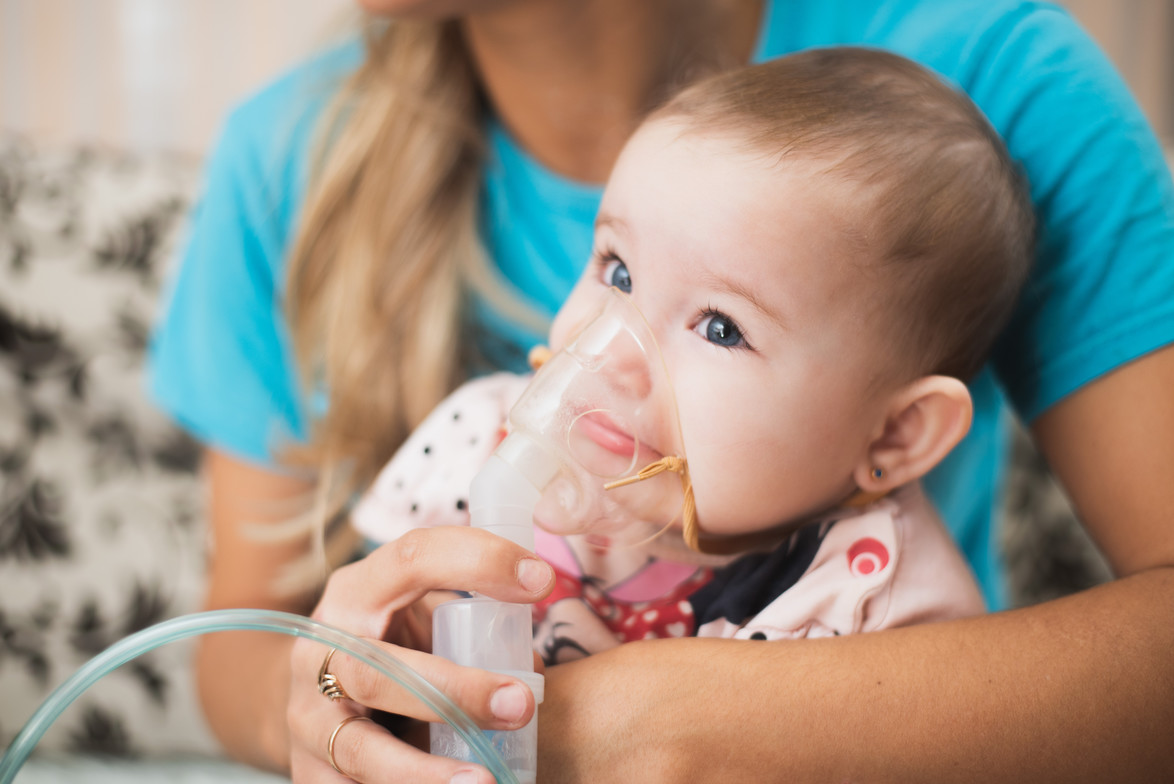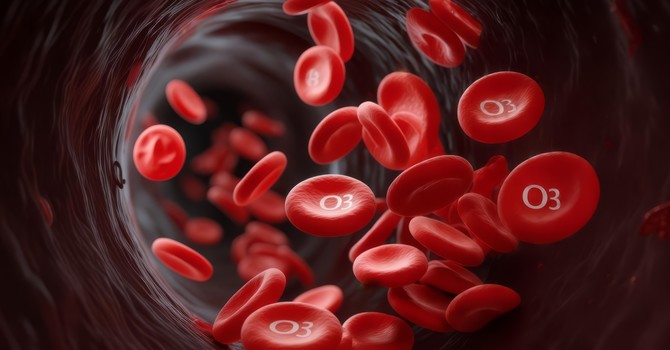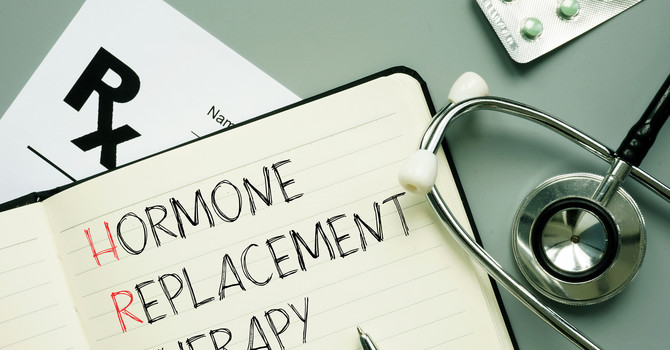
As a primary care practice focused on integrative health, we at Integrative Family Medicine of Bend are dedicated to keeping your whole family well. As we enter the colder months, a common concern for parents of young children is Respiratory Syncytial Virus, or RSV. This common respiratory virus can cause serious illness in infants and young children, often leading to hospitalization. The good news is that we now have powerful tools to protect our most vulnerable patients.
What is RSV and Why is it so Dangerous for Babies?
RSV is a highly contagious virus that infects the lungs and breathing passages. While it can cause mild, cold-like symptoms in adults and older children, it can be severe for infants, whose airways are smaller and whose immune systems are still developing. In fact, RSV is the most common cause of hospitalization in babies under one year of age.
When we look at hospitalization rates, the difference between RSV and the flu for young children is striking. A recent report found that during the 2024-2025 respiratory virus season, there were over 70,000 hospital admissions for RSV in children, compared to just over 45,000 for influenza. This highlights the significant impact RSV has on our pediatric population.
A New Way to Protect Your Baby: The RSV Immunoglobulin
You may have heard of the new RSV immunization for infants. It's important to understand that this is not a traditional vaccine. Instead, it is a long-acting monoclonal antibody—a laboratory-made protein that provides immediate, passive immunity.
Here’s how it works:
-
Direct Protection: Unlike a vaccine, which teaches the body to create its own antibodies over time, the RSV immunoglobulin directly provides the antibodies needed to fight the virus.
-
Immediate Effect: This provides immediate protection, which is crucial for infants who are too young to mount a strong immune response on their own.
-
Single-Dose Convenience: A single shot can protect your baby for at least five months, covering the entire RSV season.
The CDC recommends this immunization for all babies under 8 months of age who are entering their first RSV season and whose mothers did not receive the maternal RSV vaccine during pregnancy. It is also recommended for some children between 8 and 19 months of age who are at high risk for severe illness and are entering their second RSV season.
The Other Option: The Maternal RSV Vaccine
There is another way to protect your newborn from RSV, and it starts before they are even born. The RSV vaccine (different from the immunoglobulin) is recommended for pregnant women during their third trimester.
-
Who is Eligible? If you are 32 to 36 weeks pregnant during the months of September through January, you are eligible for the maternal RSV vaccine.
-
How it Works: The vaccine stimulates your immune system to create protective antibodies, which are then passed on to your baby through the placenta. This provides your baby with protection from birth and for their first six months of life.
The CDC recommends that most babies be protected by either the maternal RSV vaccine or the infant immunoglobulin, but not both.
We know that navigating the world of immunizations can feel overwhelming. The most important step you can take is to have an open conversation with your family physician. We are here to help you understand the options and determine the best course of action to protect your baby and your family. If you have questions about whether the RSV immunization is right for your child, please don't hesitate to reach out to our team at Integrative Family Medicine of Bend.

Jocelyn Cooper
Contact Me



